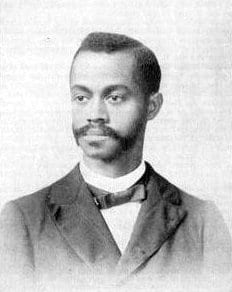
Black biologist Charles Henry Turner was doing groundbreaking research into animal cognition at the turn of the 20th century, yet his ideas never gained traction. Turner’s work went against the prevailing scientific discourse of the time, as he explored and entertained the idea that many animal species were capable of complex behaviors involving intelligence, problem solving, and even conscious awareness. Today, we take many of these ideas for granted, but Turner’s research into these matters never got the recognition it deserved.
A deeper dive into Turner’s work reveals some truly groundbreaking insights and approaches. Born in Cincinnati in 1867—just two years after the end of the U.S. Civil War—Turner, who earned his Ph.D. in 1907 while at the University of Chicago, devised some innovative experimental approaches to studying animal behavior and cognition. In the decades prior, biologists Charles Darwin and George Wallace discussed animal intelligence, but their work was based predominantly on field observations and inference. Turner, in addition to observing animals in the wild, devised controlled experiments with animals not unlike those commonly done today. Turner’s observations and experiments led him to propose theories about the intentional behaviors of animals, arguing that they are intelligent, conscious beings. Some of these ideas wouldn’t be re-explored for another century, including the suggestion of free will among insects—an idea not revisited until only recently.
Turner died at the age of 56 from a heart condition, but not before he also made contributions to the U.S. civil rights movement, fighting for social and educational services among Black people living in St. Louis, Missouri, where he made his home.


Leave a Reply